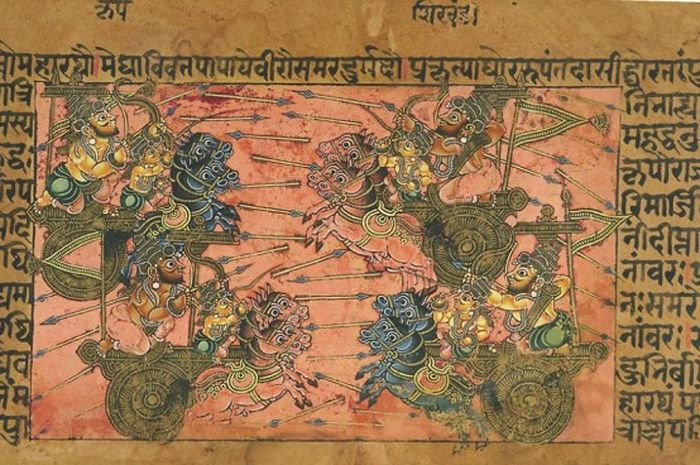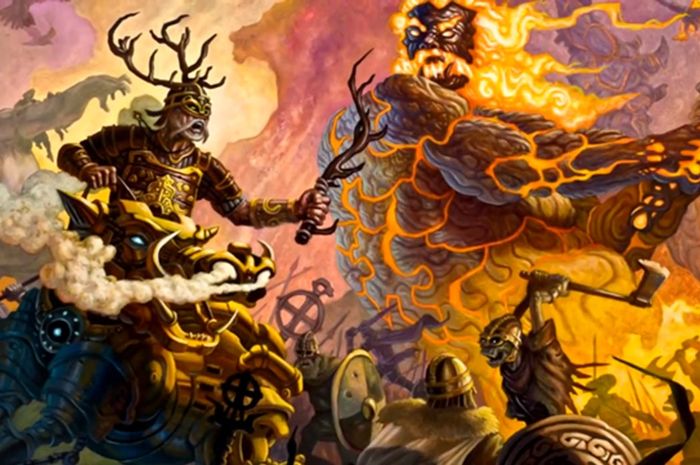One of the first examples of time travel appears in the Mahabharata, an ancient Sanskrit epic poem composed around 400 BC. That's what Lisa Yaszek, a professor of science fiction studies at the Georgia Institute of Technology in Atlanta, said.
In the Mahabharata, there is a story about King Kakudmi, who lived millions of years ago and was looking for a suitable husband for his beautiful and accomplished daughter named Revati.
The two of them traveled to the home of the creator Lord Brahma for advice. However, when they are in the Brahma plane of existence, they have to wait while the deva listens to a 20 minute song. After that, Lord Brahma explained that time moves differently in heaven than on Earth.
Also Read: Bicycle Fever and How Did It Change the World In the 1890's?
Without realizing it, "27 chatur-yugas" or more than 116 million years have passed so that everyone who has ever known Kakudmi and Revati, including family members and prospective applicants also died.
After this shock, the story closes at a rather happy ending as Revati is engaged to Balarama, the twin brother of Lord Krishna.
For Yaszek, the story provides an example of what we now call time dilation, in which different observers measure different time ranges based on their relative frames of reference. This is part of Einstein's theory of relativity.
Stories of such times are widespread all over the world, said Yaszek.
Another example can be found in an eighth century Japanese fairy tale about a fisherman named Urashima Tarō who travels to an underwater palace and falls in love with a princess.
Tarō discovered that, when he returned home, 100 years had passed, according to a translation of the story published online by the University of South Florida.
Also Read: Ragnarok, A Series of Doomsday Events in Norse Mythology
In the modern era - the early 1700s and 1800s, a sleep version of time travel became more popular, says Yaszek.
Examples include the classic Rip Van Winkle tale, as well as books such as Edward Belamy's 1888 utopian novel "Looking Backwards," in which a man wakes up in 2000.
And there's HG Wells' 1899 novel "The Sleeper Awakes," about a man who sleeps for centuries and wakes up in a completely changed London.

